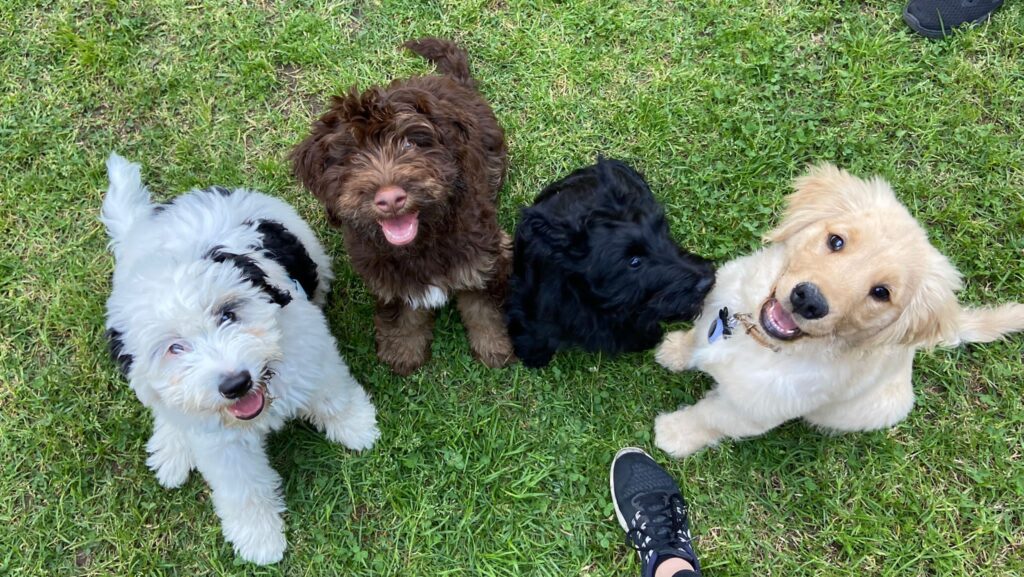

If we had $1 for every time we’ve heard the words: “I’ve had dogs before/all my life, I don’t need puppy school” or “I have a little dog, surely he doesn’t need training?” we would be outrageously wealthy. The reality is, if you want a dog who is never exposed to new people or other animals, never goes for walks, never visits the park and is locked up when the family eats or when guests come over, then no, your pup doesn’t need any socialisation. But if you want a well-adjusted furry family member who can be trusted to remain calm in any new situation or environment and share all sorts of experiences with the family without becoming fearful, boisterous, aggressive or unmanageable, your baby needs Puppy Preschool.
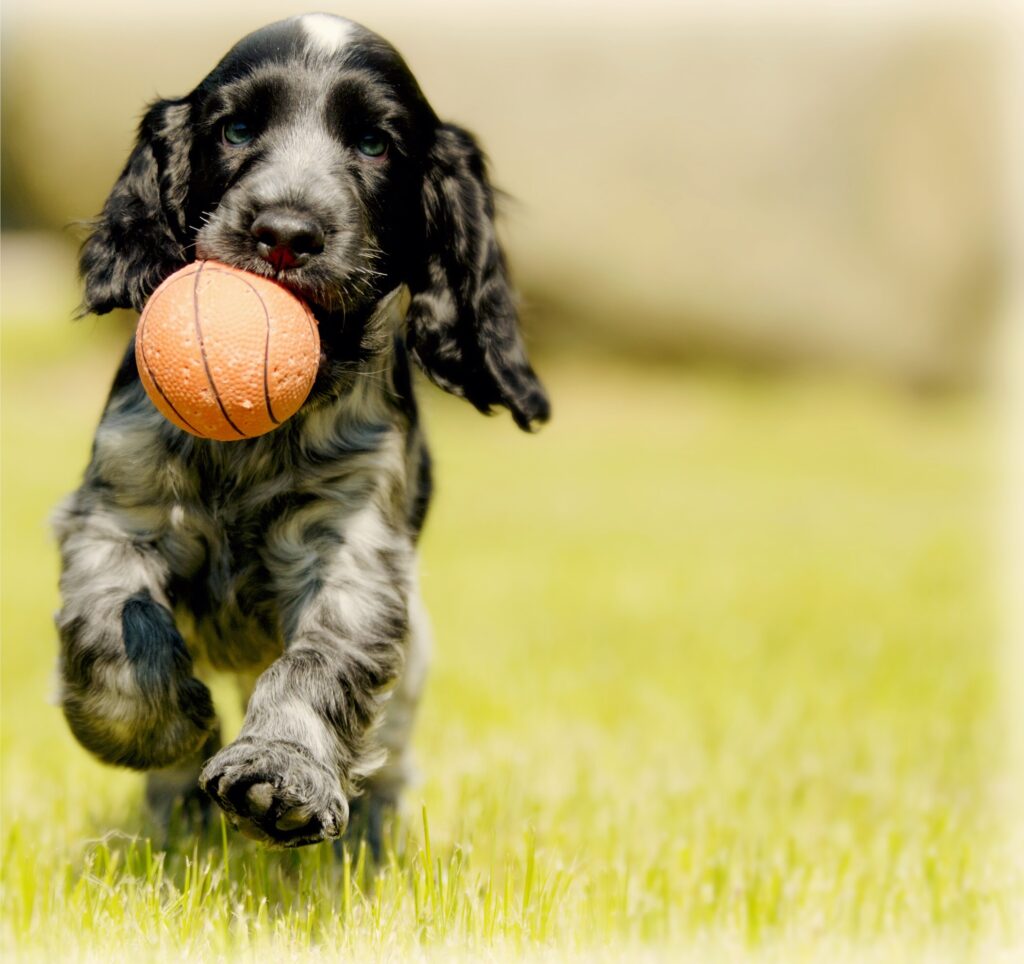

Breeder Socialisation
The first 4 to 4.5 months of a pup’s life are equivalent to the first seven years of a child’s life. This time frame is when they need to be exposed to as many new experiences and environments as possible in a positive way. Trying to start this process at six months of age may not have the same favourable outcome. Socialisation starts when pups open their eyes and ears at three weeks of age and last until about 14-16 weeks of age. A good breeder will take the time to introduce the pups to different textures and noises and will handle and interact regularly with them. Wherever possible, inspect the breeder’s facilities to ensure the pups were not simply left to their own devices in the yard, with no human contact for those first vitally important weeks in their development.
Additionally, avoid taking your puppy before they are eight weeks old, as Week 6 – Week 8 is the time frame when they start learning bite inhibition and appropriate play from mom and siblings. This will be a vital piece of the puzzle in how your pup interacts with human family members and other dogs throughout his life. Single or hand-raised pups or those who are taken before six weeks are really on the back paw when it comes to learning bite inhibition and play; they are like children who have been given no boundaries, and this will need to be taken into account in their future training.
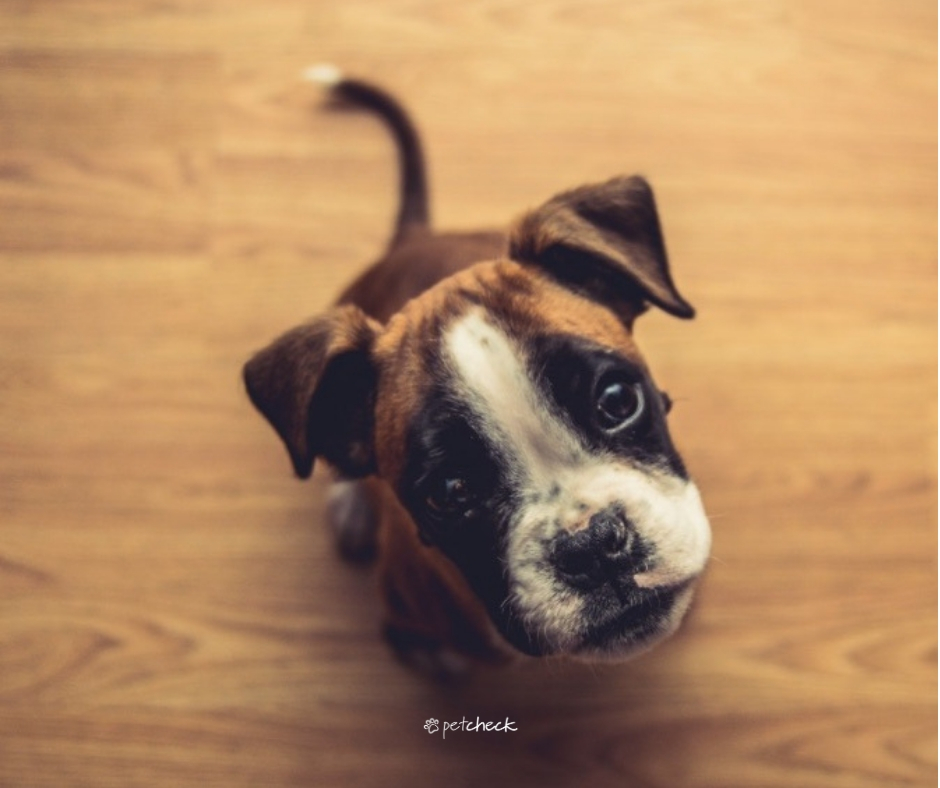

Different Breeds and Socialisation
By far, the biggest factor in getting a dog who suits your needs as an individual or family is research! Finding out about the breed or type of dog you are planning to bring into your household will go a long way in determining whether puppy parenting turns out to be the wonderful, enriching experience you hope it will – or whether it will bring heartache and frustration and possibly end in you re-homing your pup (or another family pet). Socialisation can only do so much. Your pup’s natural breed characteristics will always come into play. You cannot expect a Jack Russell Terrier puppy to behave in the same way as a Golden Retriever or your Beagle pup to have the same level of focus on commands as a German Shepherd. Take the time to learn what makes your chosen breed tick, what can reasonably be expected of them in training, what sort of rewards they respond to and so forth. This will make socialisation a much smoother process. A good trainer will also help new puppy-parents to manage their expectations of their fur babies.
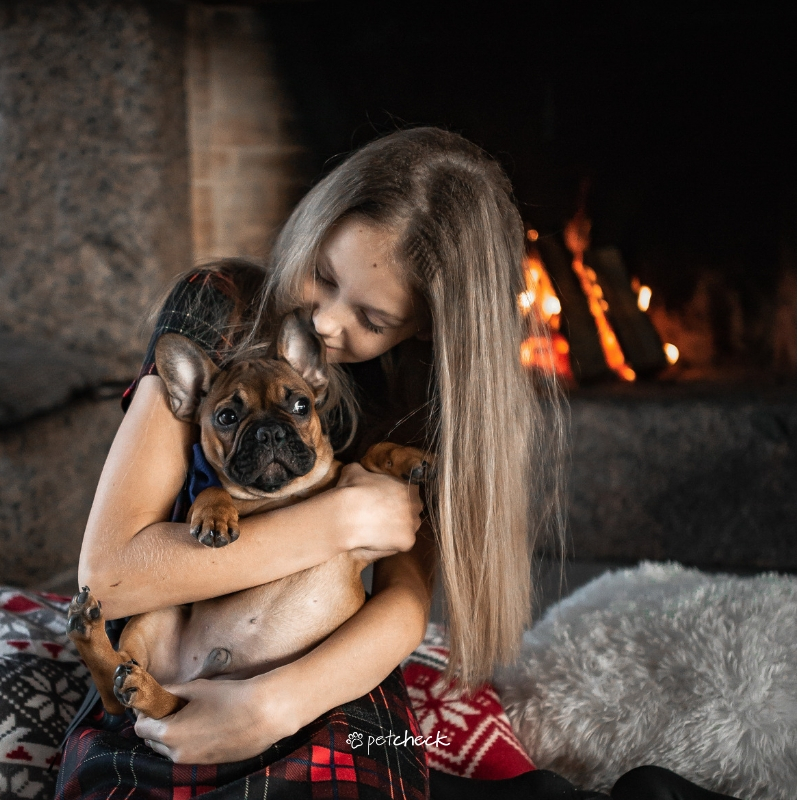

What Is Puppy Preschool All About?
Puppy Preschool brings together several different aspects. The primary purpose is for pups to socialise with other pups and with other humans besides their owners and expose them to the world through a series of positive experiences. The socialisation part may look to the outside observer like simple playtime with puppies enjoying play and interacting with each other. But a skilled facilitator has a keen eye for picking up which pups are timid and which are overly exuberant and knows how to group pups of similar sizes and/or dispositions so that their experiences with each other are fun and interactive but never overwhelming. Knowing exactly how to read puppies’ body language and social cues is vital, as a frightening experience at this tender age can result in the puppy struggling with behavioural problems throughout his life.
Puppies need to be able to get stuck in and revel in their play but also know that the humans in the mix can support them should they feel out of their depth. The owner-centric part of Puppy Preschool is possibly the most important. Puppy parents are taught how pups learn, how to teach them “good manners cues” like Sit, Stay, and Come, and how to apply this learning to more complex skills such as toilet training, crate training etc. We, humans, wish to have well-mannered pups who understand dog-to-dog interactions and can function in the human world too. We want our pups to be able to go to the toilet in appropriate places, eat their meals when we want them to, return to us when we call them in the park, walk nicely on the lead, not re-landscape our gardens or freak out when we take them to the vet or groomers, and to greet our friends and family politely. Dogs don’t speak human languages, and they think and communicate very differently from what we do. As the humans in the equation, we are the ones who need to learn to communicate better with our pups rather than expecting them to read our minds and know what we would like of them.
An added bonus of coming in for fun weekly Puppy Preschool classes at the vet clinic, instead of just for the necessary needles during their sensitive socialisation period, is that the puppy learns to associate vet visits with positive experiences too.
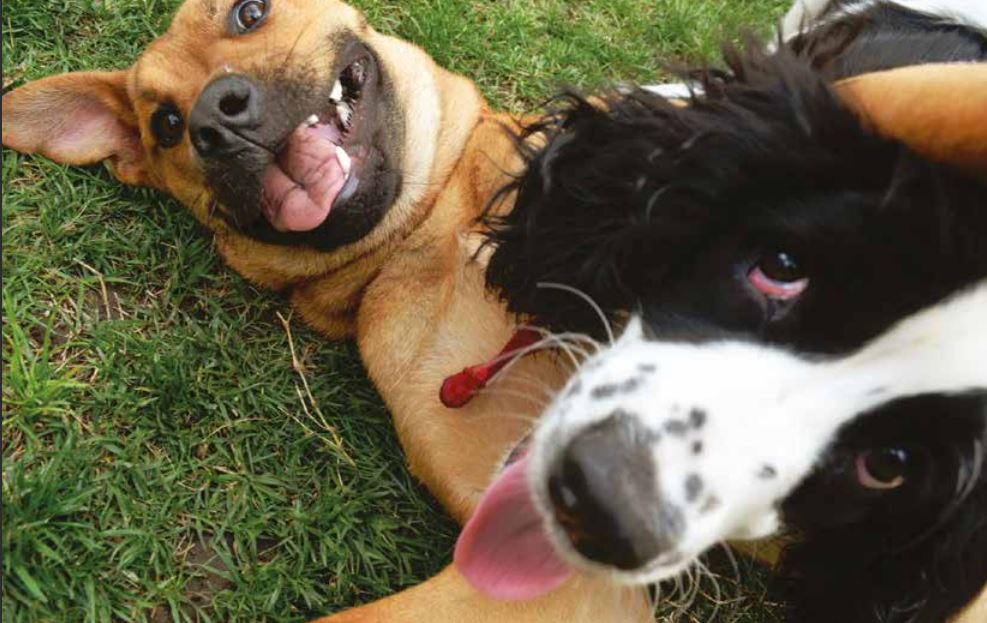

What Happens After School?
Diligently completing Puppy Preschool classes and then forgetting about your dog’s training for the remainder of his life is like sending a child to Year 1 and expecting him to enter the adult world fully equipped for success. Many advanced training options are available to continue your pup’s education and keep him stimulated and developing throughout his adult years.
Dogs enjoy learning and challenges, just as we do. Research your breed and what sports, activities and clubs may be available to join. Think about scenting work for Beagles or field trials for Labs and Retrievers. You might also look at clicker training, trick training and Agility or find out whether your dog may be a candidate for training as a Therapy Dog.
Whether or not you elect to continue your dog’s education, spending quality time with them daily and consistently reinforcing the basic cues and framework for acceptable behaviour learned in Puppy School is imperative. And here’s a tip from our experts: a ‘Sniff Walk’ where Rollo can meander along at his chosen pace, happily downloading all the messages on the pavement and enjoying the sights and sounds, is infinitely more beneficial than a 5km run, and utilises the pent-up mental and emotional energy that is the true crux of frustration-related behaviour like digging, chewing, incessant barking, etc. Your dog needs to be exposed to different environments and experiences consistently to avoid boredom and frustration. And while you’re out for your walk, we encourage parents of older puppies to bring them into the clinic just for a lolly or a pat. After their socialisation period comes to a phase in their lives when they may become more fearful, and one perceived negative experience, such as an examination for a sore ear, can have a significant impact on a “teenage” pup. Having random good experiences at the vet really helps.
Cronulla Vet Clinic offers an outstanding Puppy Preschool programme run by our nurses, who are qualified facilitators. We take small groups to make sure our pups are calm and to give their pet parents greater opportunities for questions or troubleshooting. We discuss many aspects of dog training, health and well-being, problem management, nutrition, handling, preventative health care and much more. Check out our website for more details, and give us a call to register you and your fur baby for an upcoming Preschool course. We guarantee loads of fun and learning for all parties (and some cool giveaways) – just the start your pup needs to develop into a Very Good Dog.
